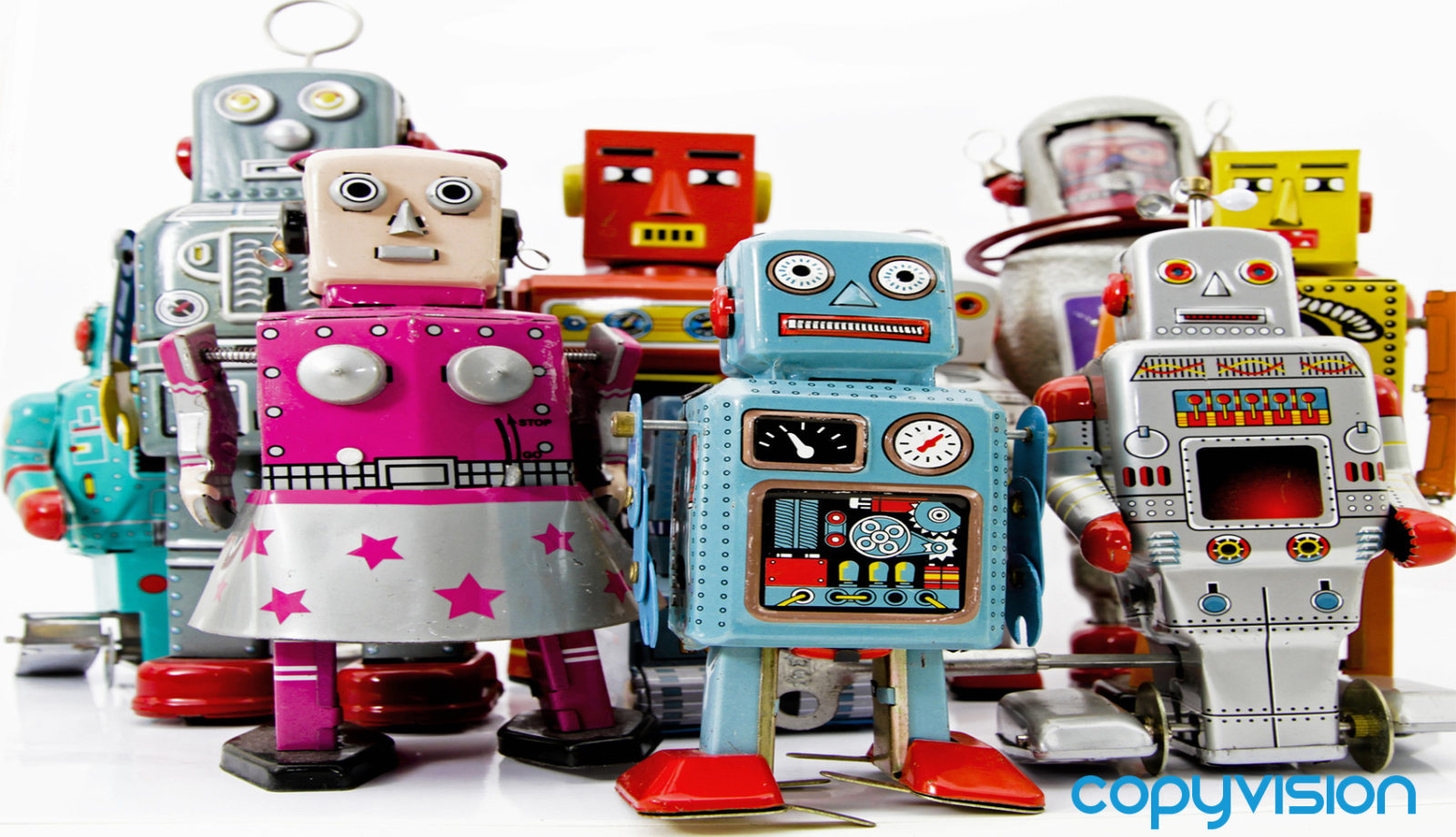Technology is changing the options businesses will have to deliver better customer service. It is doing it at what seems an ever-increasing speed. A big part of customer service is repetitive. It is this repetition of work where technology has helped the most so far. If we look at the potential of our tech future, new applications of technology are offering previously unavailable opportunities.
Chat Bots
Chat bots have been around a while now as website live chat. As a website user you can direct message their customer service team and get an almost instant reply from a human member of their team.
Artificial intelligence is being used more and more as chat bots now. Most of us have seen the popup in the corner of a webpage called John or Emily asking if we need any help. These chat bots often present questions and provide multiple choice answers which constantly narrow down the users need for information and knowledge, before presenting highly relevant answers from a knowledgebase. The benefit of an AI chatbot is they are available 24/7 and can be available to many more people than a staff limited customer service call centre.
So, what is AI?
AI is the ability of computer software to use intellectual processes. For example, the ability to reason, discover meaning, generalize and to learn from past experience. There are multiple types of AI which is a subject of its own. We can see artificial intelligence at work in Milton Keynes delivering shopping today in the form of autonomous robots. I encountered one recently for the first time, it was a very excited nerd moment. I spoke to the shopping customer when he came out to collect his shopping. He told me he had ordered his shopping online via a supermarket and it cost 90p for the delivery. Had he of driven to the store the parking alone cost is 50p and would have been time away from work plus fuel cost.
Block chain technology
This new application of technology is a digital record of transactions (called a block) and those transactions are shared between all parties involved in a digital form (called a block chain). Proof of work is the concept that ensures data cannot be altered by any of the users within a transaction and is independently executed in a decentralised way. Why is this relevant to customer services I hear?
Block chain technology is currently being used by companies such as FedEx, UPS and DeBeers to enable a more transparent and accurate end to end tracking of their supply chains. Debeers use the technology to give provenance data for their diamonds and to track them from the mine to the retailer.
Smart Contracts
A smart contract is a computer generated agreement between two parties in the form of computer code. They facilitate, verify and enforce performance of a contract. The computer code is the law. These contracts are processed by blockchain so the purpose of the contract at each stage can be monitored and tracked. Should any element of the contract not be fulfilled the smart contract will automatically be enforced. It is enforced either from its internal code or from an external source. If an external source is needed it will use an oracle (external database), e.g., Greenwich Mean Time.
So, let’s say for example, I have a smart contract to deliver pizzas (mouth-watering moment) from my pizzeria to your door. The smart contract with you is that I will do that within 30 minutes of taking your web order. This applies if the delivery address is within a 5-mile radius. If I delivery late you get 50% off. The smart contract will know what time you placed your web order. It can also use GPS from my hand-held Track-Pod proof of delivery app.
I arrive at your door on time with hot pizzas (another mouth-watering moment). I ring the doorbell which you answer within the 30 minutes smart contract deadline and you sign for them. In this example none of the smart contract rules were broken . However, let’s say I was early, but because you were in the back garden you could not hear the doorbell, it happens. I may then appear to be late when I ring it the second time. The smart contract can confirm the time I arrive via GPS and GMT irrespective of how long I wait. The same data points apply if I were to be late. The smart contract would automatically be enforced and credit your bank account with the 50% discount without any human interaction necessary.
Smart contracts are not new in principle, the same logic can be seen when purchasing from a vending machine. The exciting new part is the vending machine is now global in size and vast in terms of what you can buy. When a smart contract is used with block chain, we can now see proof of work.


